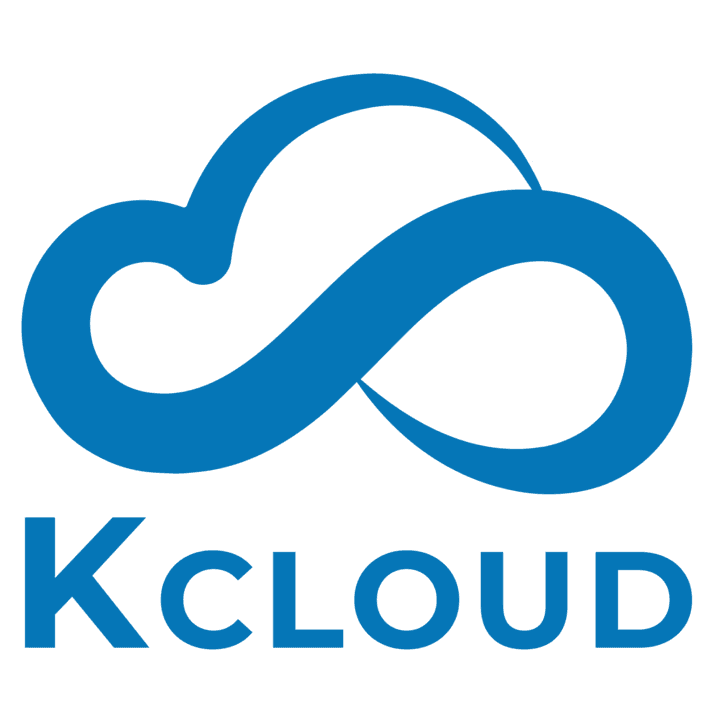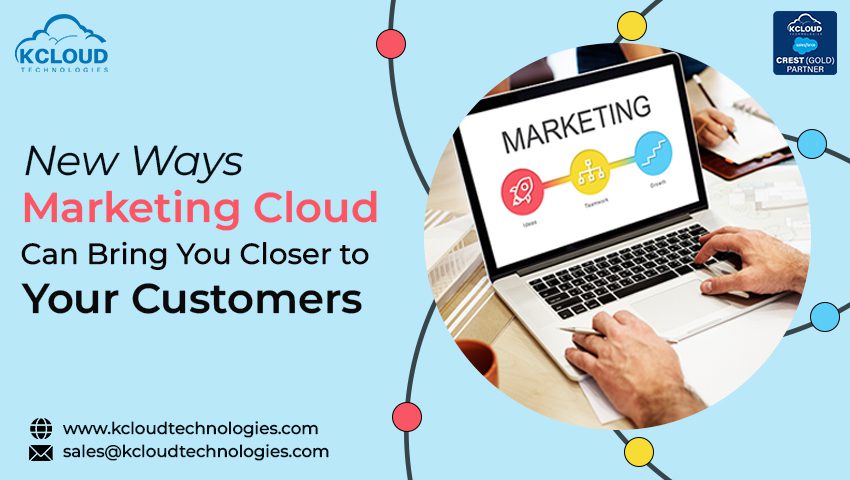In today’s rapidly evolving business landscape, connecting with customers has become more critical than ever. With the advent of digital technology and the proliferation of online channels, customers have higher expectations for personalized and relevant interactions. To meet these demands, companies are turning to marketing cloud solutions that offer innovative ways to bring them closer to their customers.
1. Data-Driven Personalization:
One of the most significant advantages of marketing cloud technology is its ability to harness vast amounts of customer data. By collecting, analyzing, and segmenting this data, businesses can create highly personalized marketing campaigns. Marketing clouds empower companies to send targeted messages, recommend products based on past purchases, and even tailor website content to individual preferences. This level of personalization not only enhances customer engagement but also boosts conversion rates and customer loyalty.
2. Cross-Channel Integration:
Marketing clouds bring together various marketing channels, such as email, social media, SMS, and web, into a single platform. This integration streamlines the customer experience by ensuring consistent messaging across all touchpoints. For example, a customer who receives an email promotion can seamlessly transition to a personalized landing page when they click a link. This unified approach enhances brand coherence and customer satisfaction.
3. Automated Campaigns:
Marketing cloud solutions offer powerful automation capabilities that save time and resources while increasing efficiency. Businesses can set up automated email drip campaigns, trigger messages based on customer behavior, and schedule social media posts in advance. These automated processes enable companies to maintain a continuous presence in customers’ lives without the need for constant manual intervention.
4. Predictive Analytics:
Predictive analytics is another game-changer brought by marketing clouds. By leveraging machine learning algorithms, businesses can forecast customer behavior and preferences. This allows them to proactively adjust their marketing strategies to align with anticipated trends. For example, a retailer can use predictive analytics to forecast which products will be in high demand during certain seasons, ensuring they have sufficient inventory and tailored marketing campaigns ready.
5. Customer Journey Mapping:
Understanding the customer journey is crucial for effective marketing. Marketing clouds enable businesses to create detailed customer journey maps, visualizing every touchpoint and interaction. This insight helps identify pain points and opportunities for improvement. By optimizing the customer journey, companies can ensure a smoother and more satisfying experience, ultimately fostering stronger customer relationships.
6. Real-Time Engagement:
With marketing cloud technology, companies can engage with customers in real time. For instance, they can send personalized messages triggered by specific actions, such as abandoned shopping carts or website visits. This immediate response not only increases the chances of conversions but also demonstrates a commitment to customer satisfaction.
7. A/B Testing and Optimization:
Continuous improvement is at the heart of successful marketing strategies. Marketing clouds make it easy to conduct A/B testing to determine which messages, designs, or offers resonate best with customers. By analyzing the results, businesses can refine their marketing efforts to maximize effectiveness continually.
In conclusion, marketing cloud solutions have ushered in a new era of customer engagement and relationship-building. With data-driven personalization, cross-channel integration, automation, predictive analytics, customer journey mapping, real-time engagement, and A/B testing, businesses have a powerful toolkit at their disposal. These tools empower companies to connect with their customers on a deeper level, delivering the personalized and relevant experiences that modern consumers crave. As businesses continue to adapt and innovate, marketing clouds will remain a crucial driver of customer-centric marketing strategies

